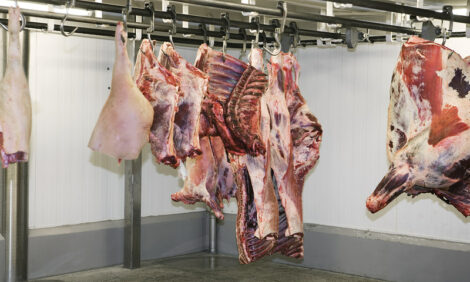



Economic Slowdown Reaches Out Across Agriculture
AUSTRALIA - As global consumers become increasingly discerning about their purchasing behavior, the Westpac-NFF Commodity Index is showing signs that agriculture, and prime beef cuts in particular, are suffering.According to the figures, food and fibre consumption is not immune to the world economic downturn. The Index fell 4.0 per cent during February, taking the Index to 17.6 per cent below February 2008 levels, reported the National Farmers' Federation, earlier today.
“It is fair to say that agricultural commodity markets, like all commodity markets, are still feeling the impacts of the mass exodus of speculating investors once the global financial crisis hit,” National Farmers’ Federation (NFF) Vice-President Charles Burke said.
“Now however, we are starting to see some of the medium term impacts emerging. These are more indicative of underlying consumer behavior rather than the fluctuating vagaries of the speculator market that have dominated agricultural markets for the past six months.
“While food is an essential item that is generally less sensitive to income, there is significant variance in the price points available to consumers in this category. With consumers less confident about their income security, they are showing signs of moving away from the premium end of the market and towards cheaper staples.
“In the beef sector for example, reduced demand for prime cuts of beef and a move towards more economical options such as mince and sausages, or even poultry and pork has contributed to a 9.4 per cent fall in the world price of beef during February.”
Westpac Senior Agribusiness Economist Andrew Hanlan added: “Global economic conditions were particularly difficult late in 2008. That was certainly true for our key beef export markets of Japan and South Korea, with Japan’s economy contracting by 3.3 per cent in the December quarter and South Korea’s by 5.6 per cent.
“We expect that to be the worst of the downturn in Asia – but equally the downturn is yet to end. The 2009 year will be a challenging environment for Australian exporters. That makes it all the more critical that exporters quickly adjust to shifting consumer spending patterns.”
TheCattleSite News Desk


